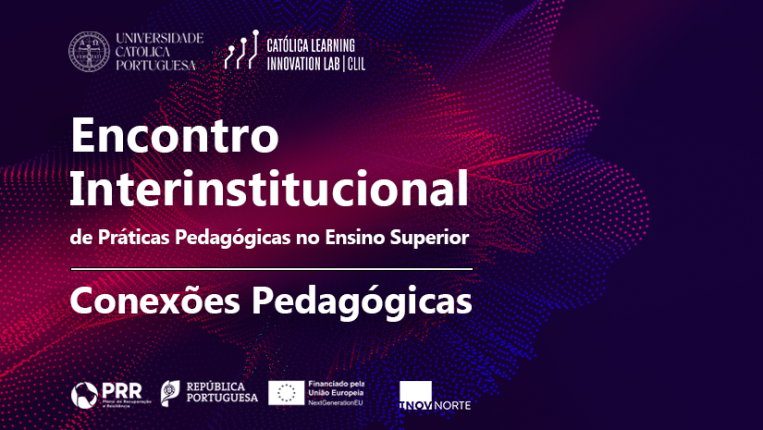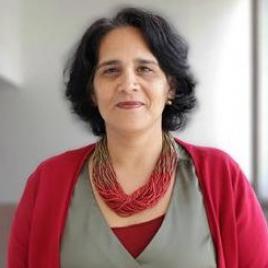The Master's in Psychology (Educational Psychology and Human Development) degree has the following main objectives:
- Develop skills in psychological assessments and interventions in a variety of contexts (e.g., community intervention projects, schools, adult education, refuge centers and child support)
- Develop skills in multi-scale universal intervention with evidence-based practice; these skills will allow one to promote psychological well-being and to prevent maladaptive psychopathological conditions
- Develop skills to promote human development throughout the entirety of one's life, both individually and in a family setting (e.g., socio-educational intervention and parental education)
- Develop skills in assessment and intervention in the optimization of the teaching-learning process (e.g., struggling in school, inclusive education, sexuality education, fostering positive behavior, and bullying)
- Develop intervention skills along the educational and formative path of the individual, in contexts of formal, non-formal and informal education (i.e. long life learning)
- Develop planning, implementation and assessment skills in psychological intervention (preventative, social, and community settings) as they pertain to a wide range of problems, populations and contexts
- Deepen skills for socio-emotional development and for working in a group in a variety of disciplines
- Acquire research skills in educational psychology and human development
- Promote an ethical, critical, reflective attitude, in view of the reality of research and intervention in the psychology of education and human development
Why a Master's of Psychology?
- Students and the job market recognize the quality of our teaching
- Our curriculum offers a strong foundation in the psychology profession in a wide array of contexts and for scientific research
- We have adopted innovative pedagogical approaches (e.g., service-based learning), which are available through our Pedogogical Innovation Lab
- We ensure that students get to perform work that relates to real issues in the community (e.g., study trips and field work)
- Through the Research Center for Human Development and the Neuroscience Lab, we promote student involvement from the very first year. Students pursue research projects that intend to tackle emerging social problems
- A tightknit community fosters relationships between professors and students
- We offer a tutorial for all students where we offer pedagogical assistance throughout their time in the department
- We have a University Psychology Clinic that contributes information about real cases to better students' studies and training
- We have a diverse network of partners who can offer curricular internships
- We offer short-term international internships that allows one to develop professional expertise and to expand their horizons
- We have students of many nationalities and visiting through the Erasmus Program, fostering an enriching cultural exchange
- Our students can take advantage of a dynamic and intertwined campus that offers many initiatives for personal and professional development
- We offer services to help students transition into the labor market
Our program is accredited by the Higher Education Assessment and Accreditation Agency (A3ES)
Registo DGES n.º: R/A-Ef1213/2011/AL02 | Data: 18.01.2019 | Publicação em Diário da República disponível aqui.




